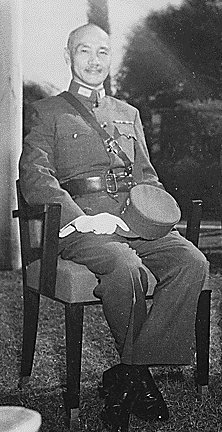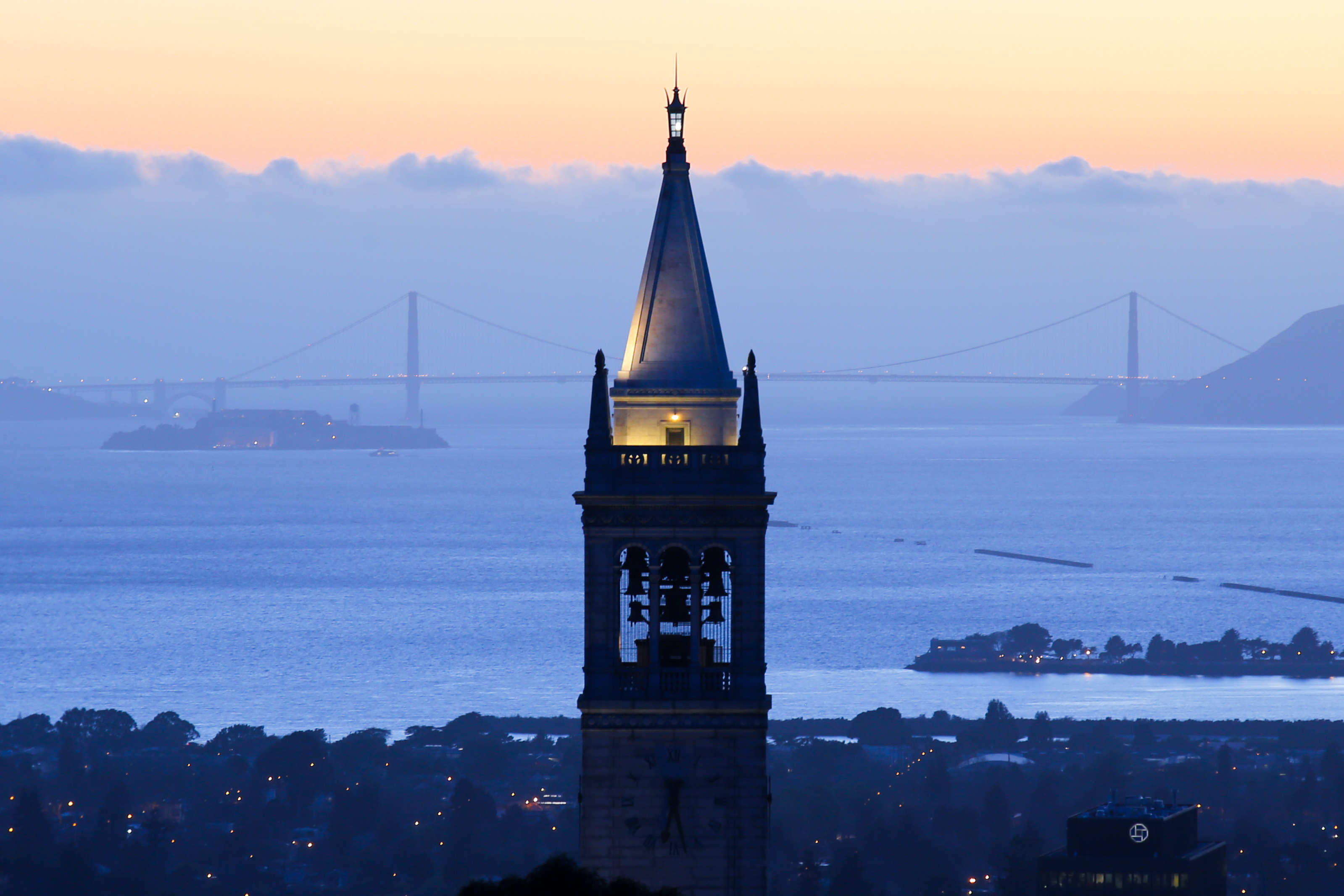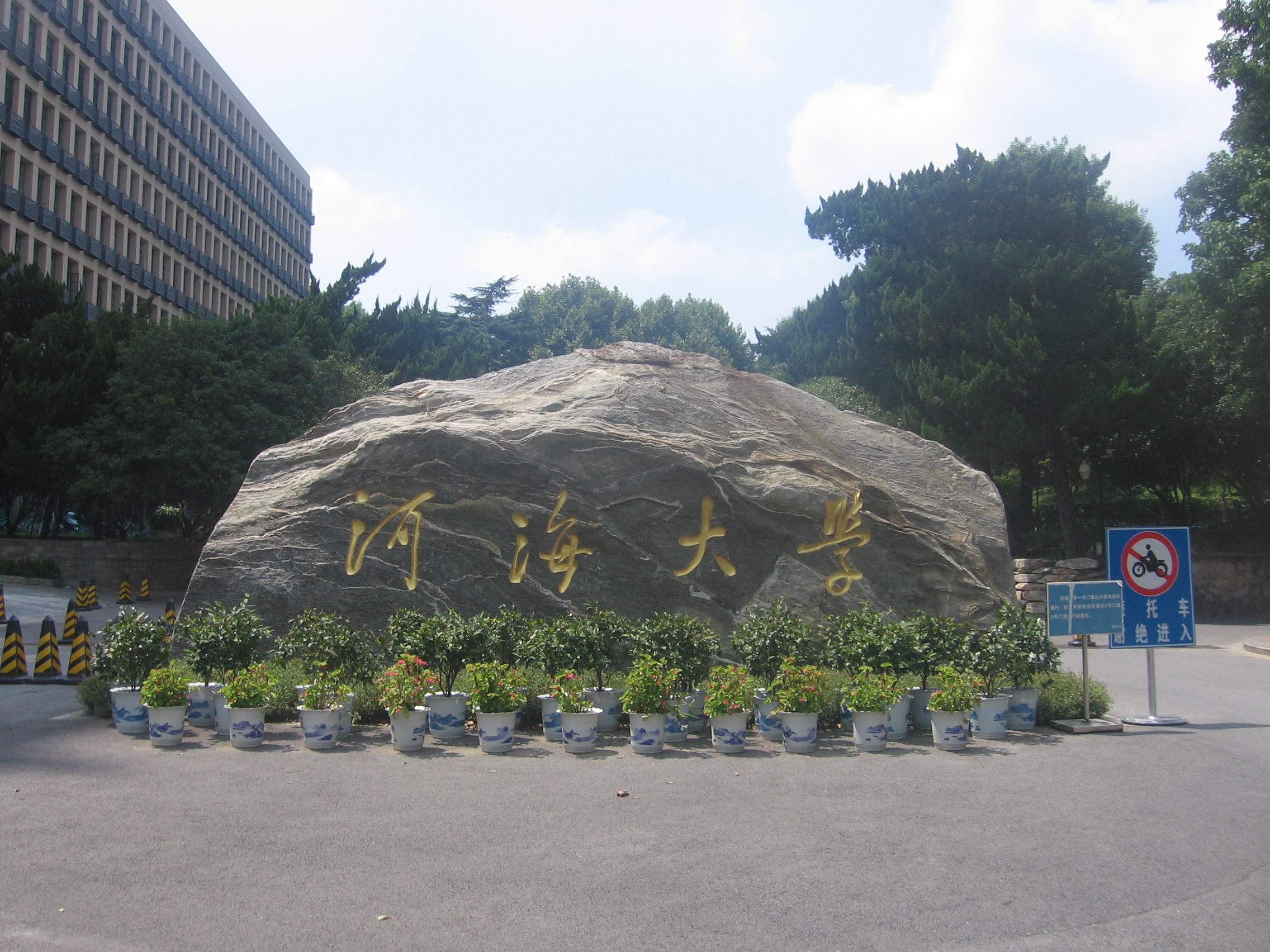|
Zhang Wentian
Zhang Wentian (; 30 August 1900 – 1 July 1976), also known as Luo Fu (), was a high-ranking leader of the Chinese Communist Party (CCP). Born in Nanhui, he attended the Hohai Civil Engineering School in Nanjing and spent a year at the University of California. He later joined the CCP in 1925 and was sent to study at Sun Yat-sen University in Moscow, from 1926 to 1930. He was a member of the group known as the 28 Bolsheviks, but switched to supporting Mao Zedong during the Long March. He was General Secretary of the Chinese Communist Party from 1935 to 1943, when the post was abolished. He remained a member of the Politburo, but ranked 12th of 13 in the 7th Politburo and reduced to Alternate Member in the 8th Politburo. He was First Vice Minister of Foreign Affairs of the People's Republic of China from December 1954 to November 1960. He was a participant of the Long March, and later served as an ambassador to the Soviet Union from April 1951 to January 1955. At the Lus ... [...More Info...] [...Related Items...] OR: [Wikipedia] [Google] [Baidu] |
Zhang (surname)
Zhang () is the third most common surname in China and Taiwan (commonly spelled as "Chang" in Taiwan), and it is one of the most common surnames in the world. Zhang is the pinyin romanization of the very common Chinese surname written in simplified characters and in traditional characters. It is spoken in the first tone: ''Zhāng''. It is a surname that exists in many languages and cultures, corresponding to the surname 'Archer' in English for example. In the Wade-Giles system of romanization, it is romanized as "Chang", which is commonly used in Taiwan; "Cheung" is commonly used in Hong Kong as romanization. It is also the pinyin romanization of the less-common surnames (''Zhāng''), which is the 40th name on the '' Hundred Family Surnames'' poem. There is the even-less common (''Zhǎng''). was listed 24th in the famous Song-era '' Hundred Family Surnames'', contained in the verse 何呂施張 (He Lü Shi Zhang). Today, it is one of the most common surnames in the worl ... [...More Info...] [...Related Items...] OR: [Wikipedia] [Google] [Baidu] |
Soviet Union
The Soviet Union,. officially the Union of Soviet Socialist Republics. (USSR),. was a List of former transcontinental countries#Since 1700, transcontinental country that spanned much of Eurasia from 1922 to 1991. A flagship communist state, it was nominally a Federation, federal union of Republics of the Soviet Union, fifteen national republics; in practice, both Government of the Soviet Union, its government and Economy of the Soviet Union, its economy were highly Soviet-type economic planning, centralized until its final years. It was a one-party state governed by the Communist Party of the Soviet Union, with the city of Moscow serving as its capital as well as that of its largest and most populous republic: the Russian Soviet Federative Socialist Republic, Russian SFSR. Other major cities included Saint Petersburg, Leningrad (Russian SFSR), Kyiv, Kiev (Ukrainian Soviet Socialist Republic, Ukrainian SSR), Minsk (Byelorussian Soviet Socialist Republic, Byelorussian SSR), Tas ... [...More Info...] [...Related Items...] OR: [Wikipedia] [Google] [Baidu] |
Cultural Revolution
The Cultural Revolution, formally known as the Great Proletarian Cultural Revolution, was a sociopolitical movement in the People's Republic of China (PRC) launched by Mao Zedong in 1966, and lasting until his death in 1976. Its stated goal was to preserve Chinese communism by purging remnants of capitalist and traditional elements from Chinese society. The Revolution marked the effective commanding return of Mao –who was still the Chairman of the Chinese Communist Party (CCP)– to the centre of power, after a period of self-abstention and ceding to less radical leadership in the aftermath of the Mao-led Great Leap Forward debacle and the Great Chinese Famine (1959–1961). The Revolution failed to achieve its main goals. Launching the movement in May 1966 with the help of the Cultural Revolution Group, Mao charged that bourgeois elements had infiltrated the government and society with the aim of restoring capitalism. Mao called on young people to " bombard the ... [...More Info...] [...Related Items...] OR: [Wikipedia] [Google] [Baidu] |
Peng Dehuai
Peng Dehuai (; October 24, 1898November 29, 1974) was a prominent Chinese Communist military leader, who served as China's Defense Minister from 1954 to 1959. Peng was born into a poor peasant family, and received several years of primary education before his family's poverty forced him to suspend his education at the age of ten, and to work for several years as a manual laborer. When he was sixteen, Peng became a professional soldier. Over the next ten years Peng served in the armies of several Hunan-based warlord armies, raising himself from the rank of private second class to major. In 1926, Peng's forces joined the Kuomintang, and Peng was first introduced to communism. Peng participated in the Northern Expedition, and supported Wang Jingwei's attempt to form a left-leaning Kuomintang government based in Wuhan. After Wang was defeated, Peng briefly rejoined Chiang Kai-shek's forces before joining the Chinese Communist Party, allying himself with Mao Zedong and Zhu De. P ... [...More Info...] [...Related Items...] OR: [Wikipedia] [Google] [Baidu] |
Lushan Conference
The Lushan Conference was a meeting of the top leaders of the Chinese Communist Party (CCP) held between July and August 1959. The CCP Politburo met in an "expanded session" (''Kuoda Huiyi'') between July 2 and August 1, followed by the 8th Plenum of the CCP Eighth Central Committee from August 2–16. The major topic of discussion was the Great Leap Forward. The Lushan Conference saw the political purge of the Defense Minister, Marshal Peng Dehuai, whose criticism of some aspects of the Great Leap Forward was seen as an attack on the political line of CCP Chairman Mao Zedong. The Conference also marked the first time since the founding of the People's Republic of China (PRC) in 1949 that disagreement over the direction of policy spilled into open conflict between party leaders. The conference's name is derived from the meeting place, a resort on Mount Lu in the district of the same name in Jiangxi Province, in southeastern China. The conference The original objective ... [...More Info...] [...Related Items...] OR: [Wikipedia] [Google] [Baidu] |
8th Politburo Of The Chinese Communist Party
The 8th Politburo of the Chinese Communist Party was elected at the 1st Plenary Session of the 8th Central Committee on September 28, 1956, consisting of 17 members and 6 alternate members. This Politburo was preceded by the 7th Politburo of the Chinese Communist Party. There were additions to the membership in 1958 and 1966. During the Cultural Revolution, many members and alternate members fell from power, and the Politburo ceased to function between March, 1967 and April, 1969. This was because of continuously high cultural tension. Once this settled down, the 9th Politburo of the Chinese Communist Party firmly met in a congressional plenum. Members (17) *Mao Zedong, Chairman of the Party Central Committee and member of the Politburo Standing Committee *Liu Shaoqi, Vice Chairman of the Party Central Committee until August, 1966; member of the Politburo Standing Committee (fell from power in January, 1967; dismissed in October, 1968) *Zhou Enlai, Vice Chairman of the ... [...More Info...] [...Related Items...] OR: [Wikipedia] [Google] [Baidu] |
7th Politburo Of The Chinese Communist Party
The 7th Politburo of the Chinese Communist Party was elected at the 1st Plenary Session of the 7th Central Committee on June 19, 1945, consisting of 13 members. It was actively preceded by the 6th Politburo of the Chinese Communist Party. There were additions to the membership in 1955. Members (13) *Mao Zedong, Chairman of the Party Central Committee *Zhu De *Liu Shaoqi *Zhou Enlai * Ren Bishi, Secretary-General of the Party Central Committee (died in October 1950) *Chen Yun *Kang Sheng * Gao Gang (fell from power in February 1954; died in August 1954) *Peng Zhen *Dong Biwu * Lin Boqu *Zhang Wentian *Peng Dehuai Members elected in April 1955 (2) at the 5th Plenary Session of the 7th Central Committee: *Lin Biao *Deng Xiaoping Deng Xiaoping (22 August 1904 – 19 February 1997) was a Chinese revolutionary leader, military commander and statesman who served as the paramount leader of the China, People's Republic of China (PRC) from December 1978 to November 1989. Aft ..., ... [...More Info...] [...Related Items...] OR: [Wikipedia] [Google] [Baidu] |
Long March
The Long March (, lit. ''Long Expedition'') was a military retreat undertaken by the Red Army of the Chinese Communist Party (CCP), the forerunner of the People's Liberation Army, to evade the pursuit of the National Army of the Chinese Nationalist Party (CNP/KMT). Strictly speaking, the Long March was a series of marches, as various Communist armies in the south escaped to the north and west. However, the most famous began in the Jiangxi (Jiangxi) province in October 1934 and ended in the Shaanxi province in October 1935. The First Front Army of the Chinese Soviet Republic, led by an inexperienced military commission, was on the brink of annihilation by Generalissimo Chiang Kai-shek's troops in their stronghold in Jiangxi province. The CCP, under the eventual command of Mao Zedong and Zhou Enlai, escaped in a circling retreat to the west and north, which reportedly traversed over over 370 days.Zhang, Chunhou. Vaughan, C. Edwin. 002(2002). Mao Zedong as Poet and Re ... [...More Info...] [...Related Items...] OR: [Wikipedia] [Google] [Baidu] |
28 Bolsheviks
The 28 (and a half) Bolsheviks (二十八个半布尔什维克) were a group of Chinese students who studied at the Moscow Sun Yat-sen University from the late 1920s until early 1935, also known as the "Returned Students". The university was founded in 1925 as a result of Kuomintang's founder Sun Yat-Sen's policy of alliance with the Soviet Union, and was named after him. The university had an important influence on modern Chinese history by educating many prominent Chinese political figures. The most famous of these were collectively called the 28 Bolsheviks. Members There are several rival lists of the 28. One lists 29 active members, including: Wang Ming and his wife Meng Qingshu (孟庆树); Bo Gu; Zhang Wentian; Wang Jiaxiang; Yang Shangkun; Chen Changhao with his wife Du Zuoxiang (杜作祥); Shen Zemin and his wife Zhang Qinqiu; Kai Feng; Xia Xi; He Zishu; Sheng Zhongliang; Wang Baoli (王宝礼); Wang Shengrong (王盛荣); Wang Yuncheng; Zhu Agen; Zhu Zishun ... [...More Info...] [...Related Items...] OR: [Wikipedia] [Google] [Baidu] |
University Of California
The University of California (UC) is a public land-grant research university system in the U.S. state of California. The system is composed of the campuses at Berkeley, Davis, Irvine, Los Angeles, Merced, Riverside, San Diego, San Francisco, Santa Barbara, and Santa Cruz, along with numerous research centers and academic abroad centers. The system is the state's land-grant university. Major publications generally rank most UC campuses as being among the best universities in the world. Six of the campuses, Berkeley, Davis, Irvine, Los Angeles, Santa Barbara, and San Diego are considered Public Ivies, making California the state with the most universities in the nation to hold the title. UC campuses have large numbers of distinguished faculty in almost every academic discipline, with UC faculty and researchers having won 71 Nobel Prizes as of 2021. The University of California currently has 10 campuses, a combined student body of 285,862 students, 24,400 faculty membe ... [...More Info...] [...Related Items...] OR: [Wikipedia] [Google] [Baidu] |
Nanjing
Nanjing (; , Mandarin pronunciation: ), alternately romanized as Nanking, is the capital of Jiangsu province of the People's Republic of China. It is a sub-provincial city, a megacity, and the second largest city in the East China region. The city has 11 districts, an administrative area of , and a total recorded population of 9,314,685 . Situated in the Yangtze River Delta region, Nanjing has a prominent place in Chinese history and culture, having served as the capital of various Chinese dynasties, kingdoms and republican governments dating from the 3rd century to 1949, and has thus long been a major center of culture, education, research, politics, economy, transport networks and tourism, being the home to one of the world's largest inland ports. The city is also one of the fifteen sub-provincial cities in the People's Republic of China's administrative structure, enjoying jurisdictional and economic autonomy only slightly less than that of a province. Nanjing has been ... [...More Info...] [...Related Items...] OR: [Wikipedia] [Google] [Baidu] |
Hohai University
Hohai University (HHU; ) is a public research university in Nanjing, Jiangsu, China. It is under the direct administration of the Ministry of Education of China, and previously administered by the Ministry of Water Resources from 1958 to 2000. Named after "Hohai (河海)", literally means river and sea in Chinese, it is a comprehensive university famous in the disciplines related to hydrology, water resources, hydraulic engineering, coastal engineering and marine engineering and has cultivated numerous talents for the development of China's water conservancy. Hohai University is part of the former Project 211 and the Chinese state Double First Class University Plan for National Key Universities of China. Hohai University ranked 501-600th globally and 60th in China for Academic Ranking of World Universities 2021. History Hohai Civil Engineering School was founded in 1915. Later it was merged with the Department of Engineering of National Southeastern University and beca ... [...More Info...] [...Related Items...] OR: [Wikipedia] [Google] [Baidu] |
.jpg)




